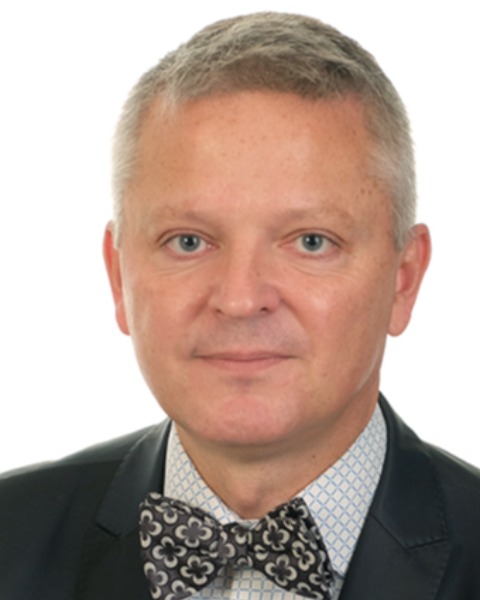
Patrick Schöffski, Prof Dr
Head of Department General Medical Oncology
Department of General Medical Oncology, University Hospitals Leuven, Leuven Cancer Institute, KU Leuven, Belgium
Patrick Schöffski is a medical oncologist from Hannover, Germany, where he also received a master's degree in public health.
He is current head of the Department of General Medical Oncology at the University Hospitals Leuven (Belgium), where he also leads the Laboratory of Experimental Oncology at KU Leuven. He was Secretary-General of the Executive Committee of the European Organisation for Research and Treatment of Cancer, member of the directors' board of the European Cancer Organisation and the Connective Tissue Oncology Society. He is member of the American Society of Clinical Oncology and the American Association for Cancer Research and past Chair of ASCO's Membership Committee. He is member of the Belgian Royal Academy of Medicine. Schöffski was Scientific Chair of the Methods in Clinical Cancer Research Workshop series, Flims (Switzerland), Work Package Leader in the Connective Tissue Cancers Network (CONTICANET), member of the EURACAN network and involved in the development of European clinical practice guidelines for sarcoma. In 2019 Schöffski founded the Forum for Translational Research in Sarcomas (FORTRESS), an annual meeting for lab scientists involved in research on soft tissue and bone sarcoma and gastrointestinal stromal tumors, organized in collaboration with Westdeutsches Tumorzentrum, Essen (Germany). Schöffski's main clinical interest is the treatment of solid tumors. He is involved in prospective clinical trials (Phase I-III) in various, often orphan tumor types. He leads an active phase I trial team and is responsible for multitumor and sarcoma trials. He has been involved in registration trials of antineoplastic agents in a variety of common and rare malignancies.
His translational interest has a focus on mesenchymal malignancies. His team developed >85 well-characterized, patient-derived xenograft models of sarcomas available for collaborative projects. This platform is supported by an extensive clinical database, huge collections of sarcoma tissue microarrays and longitudinal blood samples from sarcoma patients.
